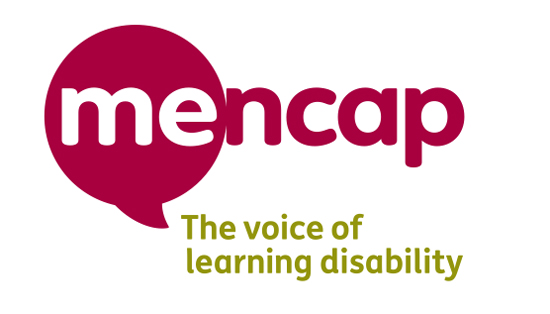Read the full report HERE
Rapid-fire Policy Recommendations:
- Individuals considering NIPT should be offered opportunities to understand more about Down syndrome and the value of the lives of individuals with Down syndrome
- Policymakers should take steps to mitigate the potential for the implementation and presentation of NIPT to be perceived by people with Down syndrome as questioning the value of their lives and themselves as ‘wanted’
- Given the perceived strength of the negative discourse surrounding Down syndrome, further work is required to understand what is needed to support informed choice
- People with Down syndrome and other disabilities should not be excluded from discussion about NIPT and other similar issues
- Individuals with Down syndrome may be aware of issues around genetic testing, and clear information about the topic should be provided to them
The Department for Health has announced that women who are deemed at ‘high risk’ for Down syndrome, Edward syndrome and Patau syndrome will be offered NonInvasive Prenatal testing (NIPT) through the NHS. This is likely to begin in 2018 or 2019.
The introduction of NIPT has implications for individuals with genetic variations and the way in which genetic differences are perceived in society. This policy briefing sets out the ethical considerations of the policy and provides recommendations of how the policy might be implemented sensitively.
In the UK, screening for trisomy (Down syndrome, Edward syndrome or Patau syndrome) currently depends on a combination of biochemical and ultrasound tests. NIPT is more accurate than the combined test and carries no risk of miscarriage. It is not diagnostic and an invasive diagnostic test is still needed to carry out a definitive diagnosis.
The Nuffield Council on Bioethics set up a working group to consider the wider ethical implications of this proposed change in prenatal screening. They invited the Royal Mencap Society to gain views from individuals with genetic differences and associated learning disabilities. Dr Barbara Barter (Clinical Psychologist) and Professor Richard Hastings (Centre for Educational Development, Appraisal and Research, University of Warwick) conducted a small consultation on behalf of Mencap to establish the impact of the proposed policy change on those with Down syndrome.
Findings Participants viewed Down syndrome as something that caused sadness and fear for others. This stood in contrast to their positive life experience and the life possibilities for anyone born with Down syndrome or disability. The study outlined that the proposed policy sends a hurtful message to those with Down syndrome which further reinforces the lack of value that individuals experience.
Sophie: It makes me feel like I’m not wanted in society. And no one loves us [Speaks about how her family loves her]. But the government doesn’t love me, because if they did love me they wouldn’t do this.
In general, participants agreed with testing as a means of preparation and as an opportunity for prospective parents to gain information.
Dylan: I think it’s a good thing that they know…know what they are expecting. They know exactly what to do. How to treat the baby….parents might now know what it’ll be like.
Participants’ views of termination varied from strongly disagreeing to being unsure. Although the majority of participants were saddened and disappointed by decisions to terminate following testing, they also respected women’s right to choose.
There was a consistent and strong call from participants for balanced information to be provided to women and families to ensure that they understand what Down syndrome means and the value of the lives of people with Down syndrome. Participants had some initial ideas about the type and format of information which they saw as useful for prospective parents, including meeting people with Down syndrome and their family members.
Contact the researcher
Richard Hastings, Professor in the Centre for Educational Development, Appraisal and Research (CEDAR), University of Warwick
R.Hastings@warwick.ac.uk


